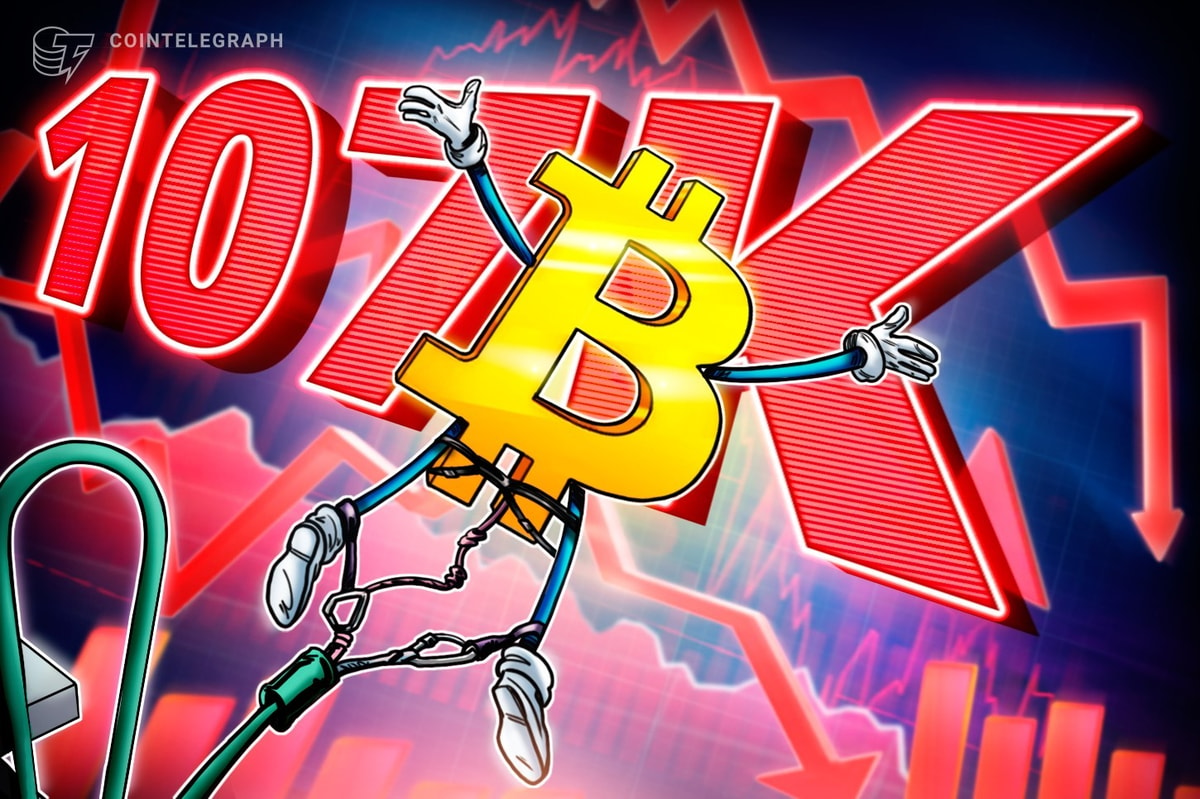
Sweden’s Justice Minister has reportedly ordered law enforcement to ramp up seizures of unexplained crypto holdings—even without direct evidence of a crime. The directive hinges on a controversial law that could redefine asset forfeiture in the digital age.
On July 4, Decrypt reported that Sweden’s Justice Minister Gunnar Strömmer issued a formal call for law enforcement, tax authorities, and the national Enforcement Authority to intensify confiscations of crypto assets suspected of being tied to illicit activity.
The directive is based on a law passed last November that grants authorities sweeping powers to seize digital assets, even without definitive proof of criminal conduct, if the owners cannot adequately explain their origins. Since its introduction, the law has already been used to seize $8.4 million in property, marking one of Europe’s most aggressive stances on unexplained wealth.
According to the report, Strömmer emphasized the importance of improving inter-agency coordination, particularly when dealing with high-value assets like cryptocurrency, stating it was “time to turn up the pressure.”
Why Sweden is targeting crypto with aggressive seizure powers
Justice Minister Strömmer’s push appears to stem from mounting concern over digital assets’ role in Sweden’s organized crime economy.
A September 2024 report from Sweden’s Police Authority and Financial Intelligence Unit found that some cryptocurrency exchanges function as de facto money laundering services—facilitating the flow of drug money, fraud proceeds, and other criminal revenue. The report explicitly urged law enforcement to “increase its presence” on crypto trading platforms to help identify and dismantle such operations.
Meanwhile, recent figures from the Bloomsbury Intelligence & Security Institute estimate that roughly 62,000 individuals were involved in or linked to criminal networks in Sweden as of 2024.
While data on crypto-specific crime remains sparse, authorities cite the anonymity and cross-border capabilities of digital assets as key enablers of organized crime. These concerns likely fueled Strömmer’s argument that Sweden’s asset forfeiture laws must evolve to match the realities of financial crime in the digital era.
One of the most vocal supporters of Strömmer’s crackdown is Sweden Democrat Dennis Dioukarev, a prominent advocate for a national Bitcoin reserve. Dioukarev argues that seized crypto, particularly Bitcoin (BTC), should be transferred to Sweden’s central bank, the Riksbank, to build a strategic reserve.
“Cryptocurrencies confiscated from criminals should be repurposed to strengthen Sweden’s financial position,” Dioukarev said in the report, framing the move as a way to turn crime-fighting into a long-term economic asset.
Still, the government’s silence on what will actually happen to confiscated crypto has raised questions. When pressed, Strömmer’s office declined to clarify whether seized assets would be liquidated, held, or directed into a national reserve.




Leave a Comment